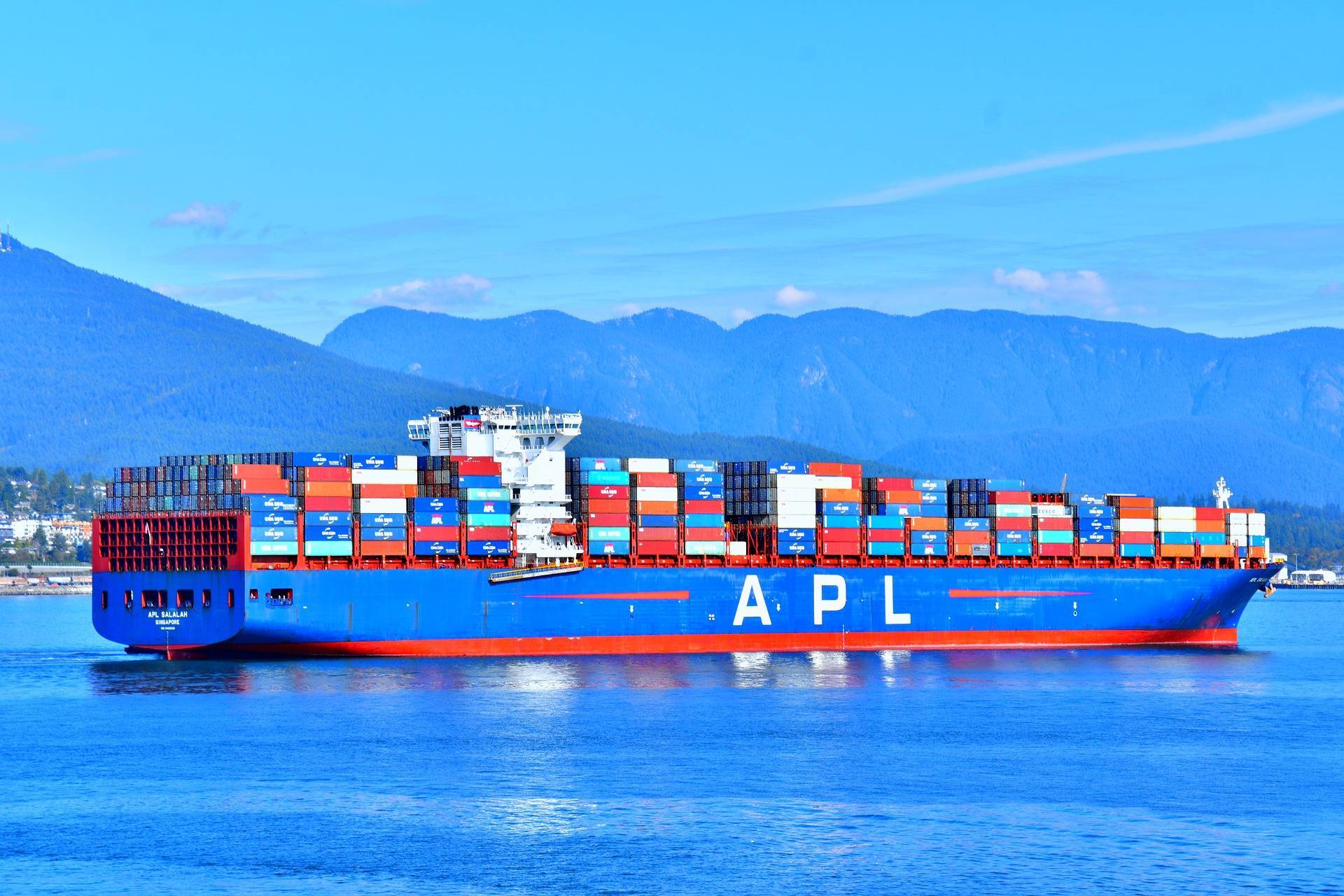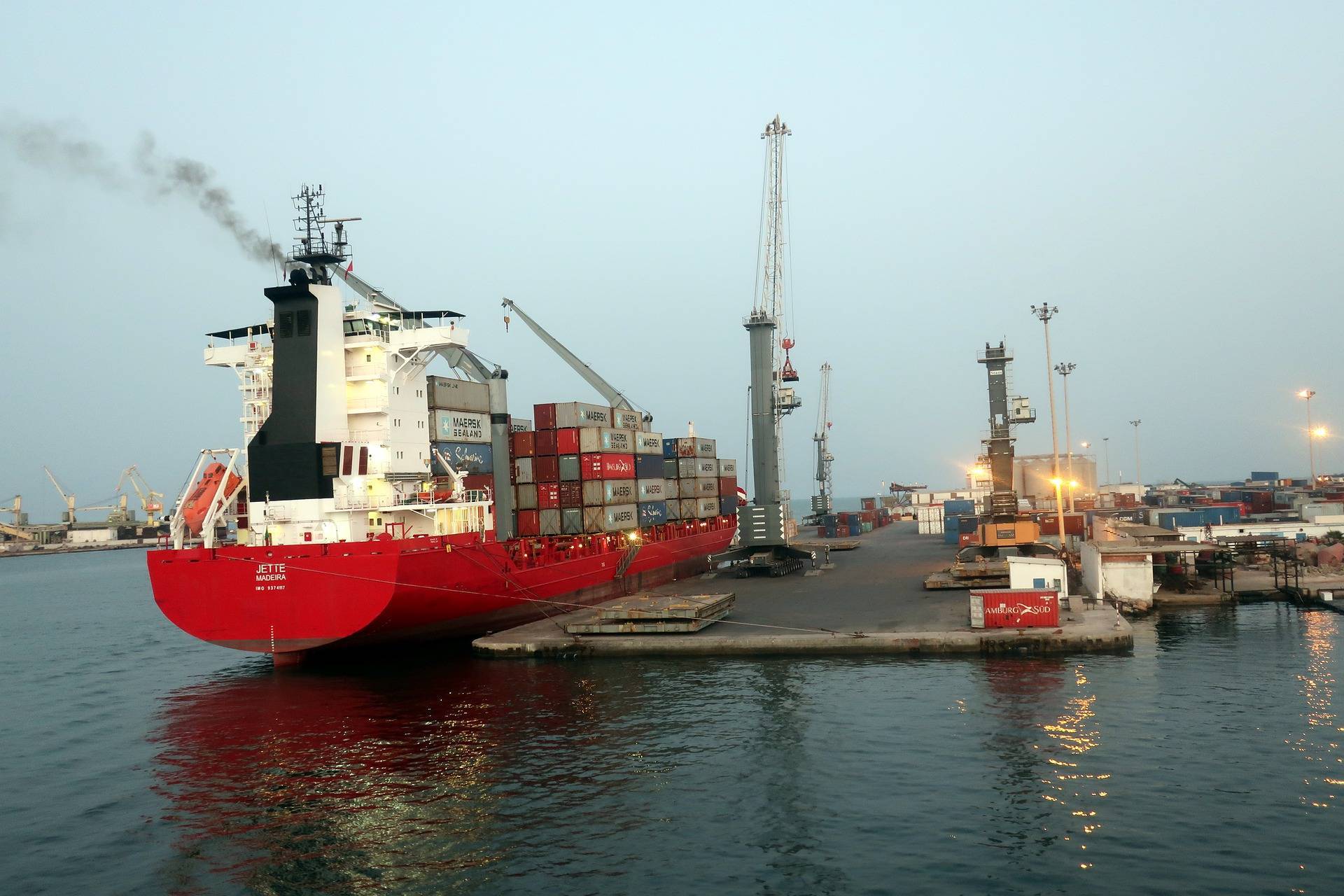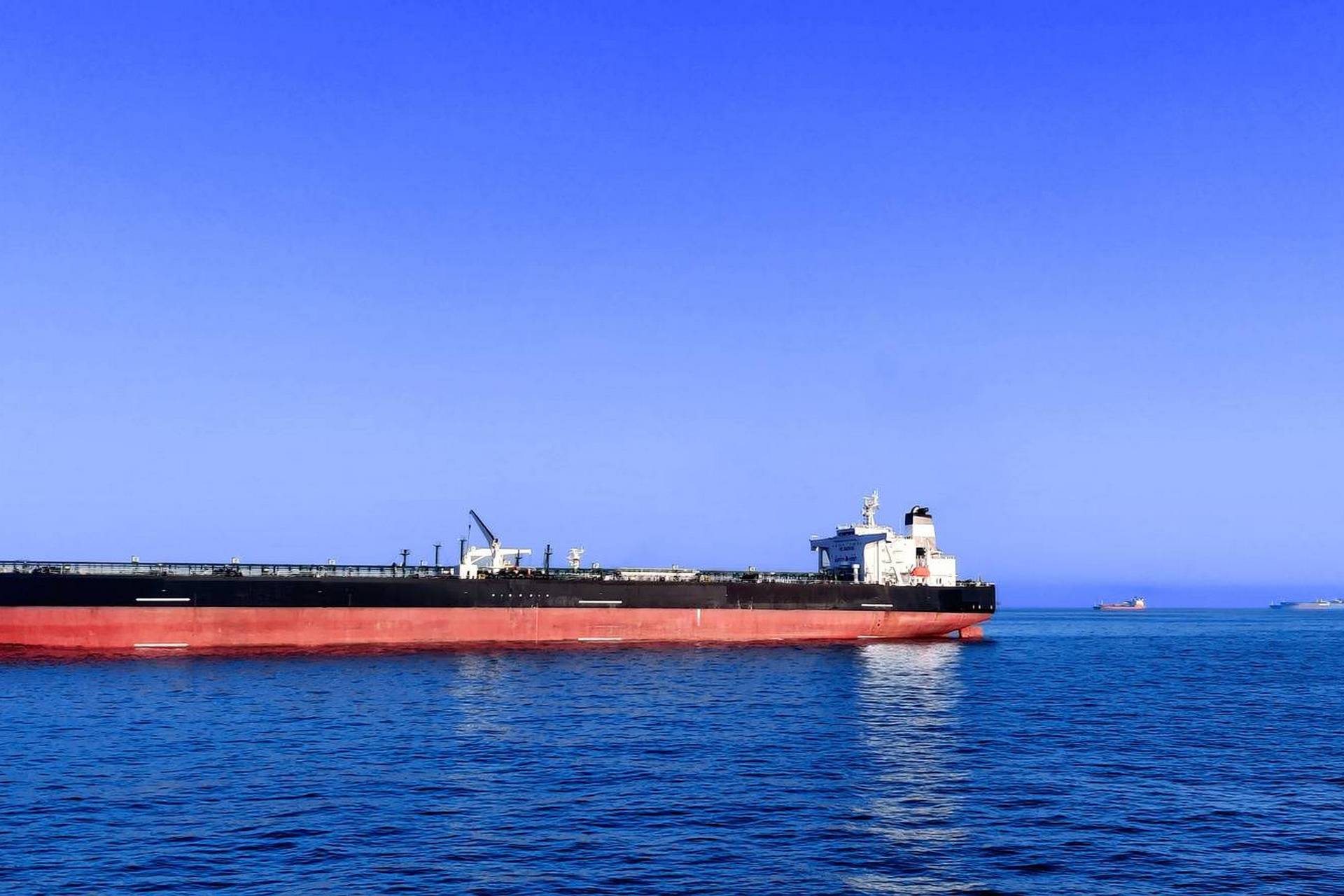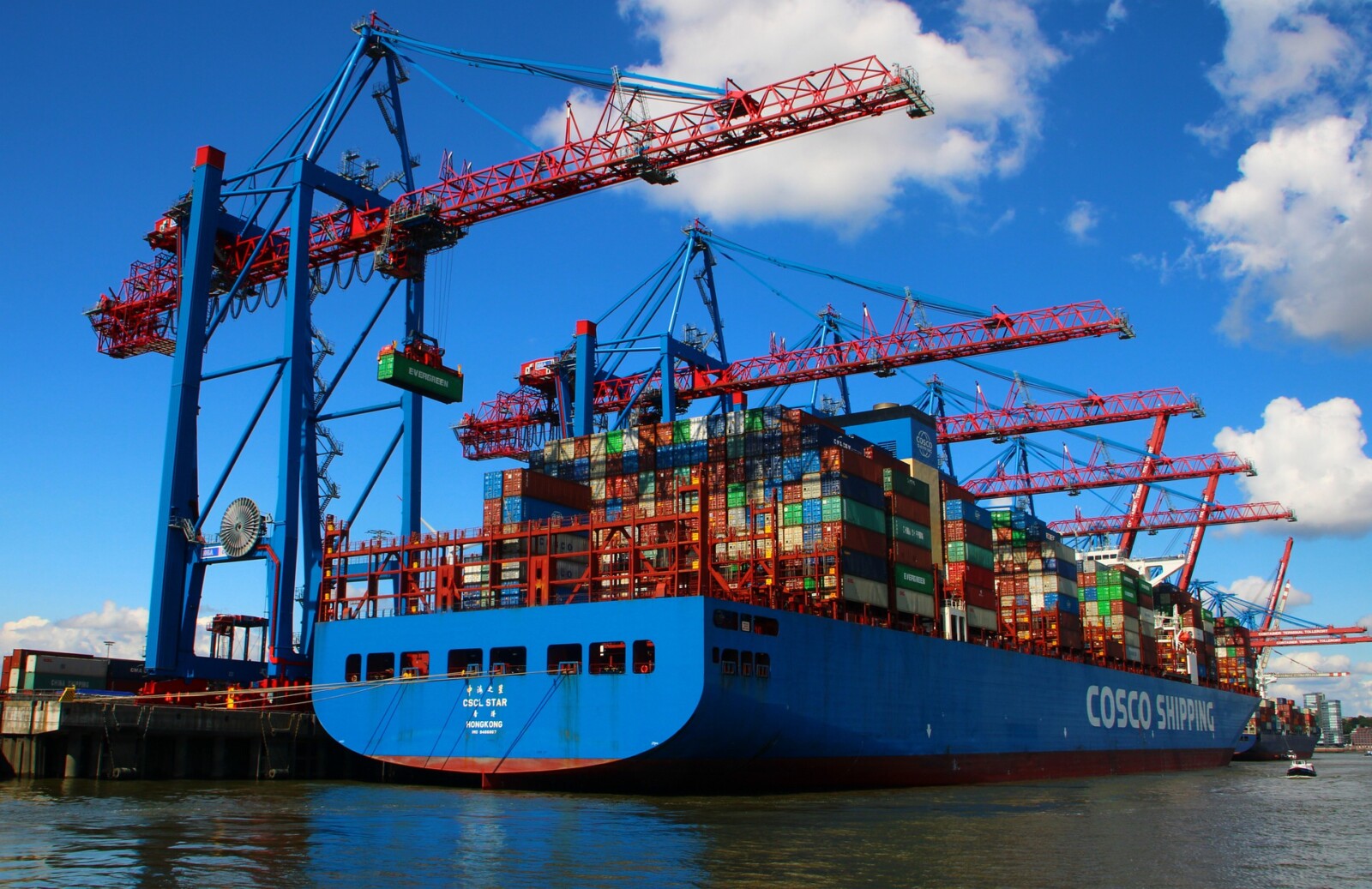Adaptation at sea

Automatic translation
Working at sea, while full of its romance and attractive in every way, carries with it not illusory difficulties. Experienced seafarers, accustomed to long voyages and long absences from home, to some extent get used to this state of affairs and are not inclined to see it as a problem. However, it can be difficult for first-time seafarers to get used to the hardships of working at sea on their maiden voyages.
Adaptation of the seafarer's body
In general, the issue of adaptability and adaptation of the seafarer's body in working conditions in the same team for a long time has been considered for a long time. The factors that directly affect seafarers include: monotony and monotony of work, repetitive visual and auditory impressions, conditional “spatial” isolation. All this, from the point of view of researchers, with prolonged exposure to an inexperienced seafarer can lead to autonomic disorders of the nervous system, and in difficult cases, to physical dysfunctions of the body.
According to studies, the adaptation period for seafarers on board is on average about 10 days. During this time, personal ties with other crew members are formed and the basic human qualities of "seafarers" begin to appear. Due to some monotony of sounds (monotonous hum of a car, waves beating overboard, cries of seagulls, etc.), many seafarers note the name "dulling" of the senses. After the first month in the voyage, they begin to feel that there is nothing in the whole world except the surrounding water. Please note that many long-distance seafarers are often reticent and secretive. However, it is these seafarers who are characterized by the greatest moral stability.
In the second month, the so-called "group psychology" comes to the fore. The researchers noted that it was in the second month that groups of crew representatives were formed on the ship, the members of which were united on the basis of similar psychophysiological compatibility. By the end of the second month of sailing, due to the monotony of everyday life, the researchers note a dulling of emotional feelings, and many beginner seafarers begin to think that they have spent not two months sailing, but three times more.
 Sensory fasting
Sensory fasting
By the end of the third month, many seafarers have a condition called sensory starvation. This state is characterized by increased excitability and a surge of emotions even with minor, but completely new experiences. In this regard, scientists recommend that the senior management team think over the options for such impressions in advance in order to positively feed the crew members. Recommended activities include: hosting friendly sporting events, creating conditions for radio communications with family members, etc. This decision greatly contributes to both the strengthening of friendly ties between the crew members, and the stimulation to go through a difficult emotional period. As in the months that follow, the relationship may start to deteriorate.
At the 4th and 5th months, an increased picky about everyday trifles is characteristic - an ordinary tone can be regarded as increased, people become more tired and indifferent to their duties. Here, again, a lot is left on the shoulders of the senior officers, since only through the organization of leisure can the crew be protected from deterioration of the psychological state.
In general, the researchers emphasize that a long flight requires more psychological resilience than physical resistance. Therefore, knowing yourself and your emotional state, you can provide yourself in advance with any options for maintaining a positive mental attitude for the entire period of work at sea.


